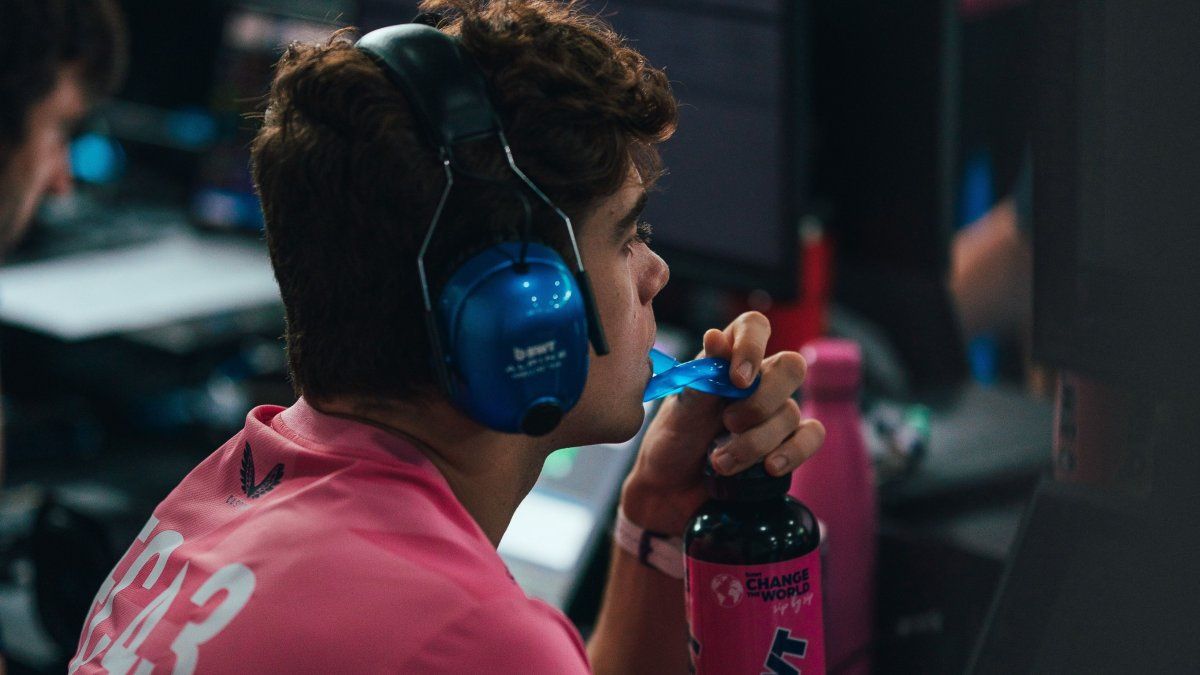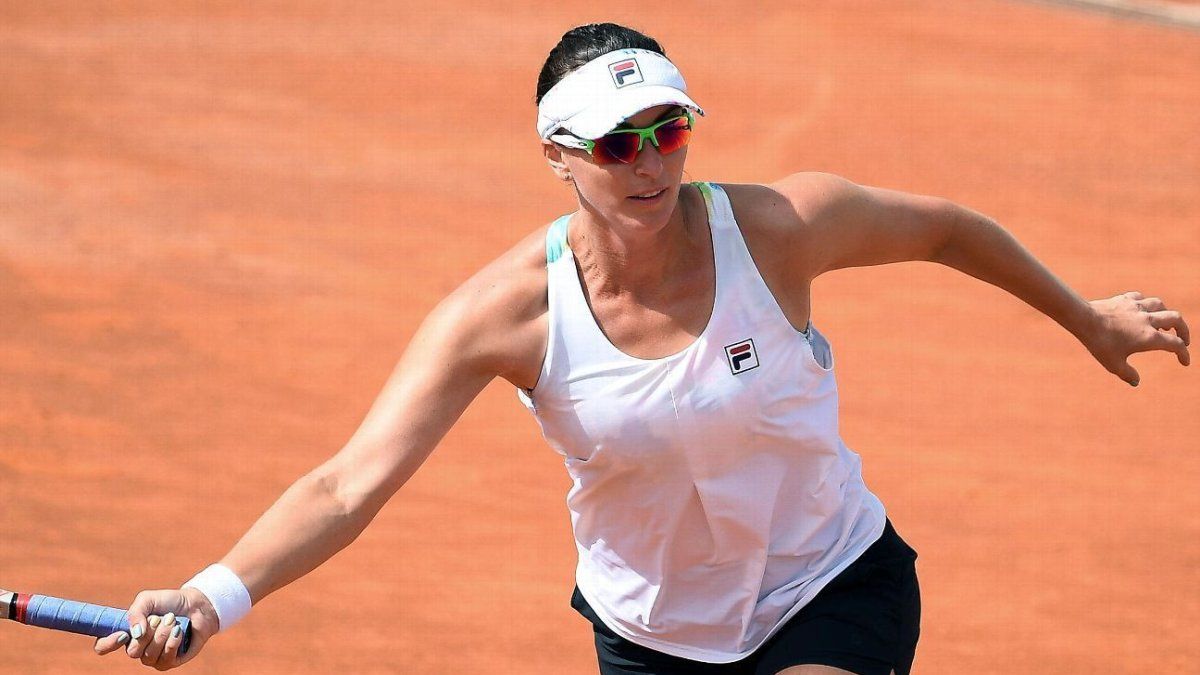For weeks, NATO refused to supply main battle tanks and other heavy weapons to Ukraine. The risk of the war escalating to NATO territory is too great, it said. Now there is a change of course.
The NATO countries want to significantly expand their military support for Ukraine. At a meeting of foreign ministers in Brussels, a radical change of course on the question of the delivery of heavy weapons became clear.
On Thursday, for example, several participants confirmed in the background that the NATO country Czech Republic had already brought main battle tanks to Ukraine. Russia invaded the neighboring country six weeks ago.
About two weeks ago, such support was ruled out at a special NATO summit. The main reason given at the time was the concern that Russia could react to this and take action against NATO countries.
Support for Ukraine “further strengthened”
Now the statements made at the foreign ministers’ meeting of the military alliance sounded very different. “We agreed that we must continue to strengthen and maintain our support for Ukraine so that Ukraine can prevail (…)”, said NATO Secretary General Jens Stoltenberg after two days of deliberations. The allies are determined to do more in the medium and long term “to help the courageous Ukrainians to defend their homeland and their country and to push back the invaders”.
Federal Foreign Minister Annalena Baerbock and her British colleague Liz Truss made similar statements. Baerbock said that the partners are looking at how Ukraine can be supported more intensively and in a coordinated manner in the future. Ukraine has a right to self-defense. Liz Truss said: “We are intensifying our arms sales to Ukraine.”
There were initially no details about the planned deliveries – probably also to leave the Russian army in the dark about which additional systems they could soon be dealing with. Stoltenberg spoke only of “lighter and heavier weapons” and cited air defense systems and anti-tank weapons as examples.
War crime leads to change of course
One reason for the NATO countries’ change of course is the discovery of war crimes in the vicinity of the capital Kyiv after the withdrawal of Russian troops. At the same time, the probability that Russia could mess with NATO over the arms deliveries is currently considered very low. This also has to do with the heavy losses that Russia has suffered so far in its war of aggression against Ukraine.
The Ukrainian Foreign Minister Dmytro Kuleba, who was invited as a guest, put pressure on the NATO states and Germany in particular. In view of the expected offensive by Russia in eastern Ukraine, he mainly urged speed. “Either you help us now, and I’m talking about days, not weeks, or your help will come too late,” he said. Then many people would die, many civilians would lose their homes and many more towns and villages would be destroyed – “precisely because this help came too late”.
Kuleba criticized that Germany could do more with regard to arms deliveries “given its reserves and capacities”. You work together with the German government. The problem that worries him most is the length of the procedures and decision-making in Berlin. “While Berlin has time, Kyiv has none.”
Kuleba: “Today, weapons serve peace”
Kuleba called hypocritical countries that wanted to make a distinction between the supply of so-called offensive and defensive weapons. “Weapons serve peace today,” he said. Stoltenberg also took the view that the distinction between offensive weapons and defensive weapons, which was repeatedly made in Germany, for example, had no meaning in the case of a defensive war.
After the deliberations, Kuleba said he had no doubts that Ukraine would receive all the weapons necessary for the fight. The only question is the schedule. Before the consultations, he said his country needed aircraft, anti-ship missiles, armored vehicles and heavy air defense systems. The latter should include, for example, S-300, which could be delivered from Slovakia.
Baerbock announced an informal working meeting of NATO foreign ministers in Berlin in May to discuss further how to deal with Russia’s war against Ukraine. It should also be about strengthening the defense capabilities of the alliance states and better securing the south-eastern flank of the alliance.
Baerbock showed understanding for the pressure from Ukraine on Germany and other countries. She pointed out that every day citizens of Ukraine woke up and went to bed with horrific images. In the country, even families and old and young people would be “bombed, shot, murdered in cold blood”.
Source: Stern
David William is a talented author who has made a name for himself in the world of writing. He is a professional author who writes on a wide range of topics, from general interest to opinion news. David is currently working as a writer at 24 hours worlds where he brings his unique perspective and in-depth research to his articles, making them both informative and engaging.




